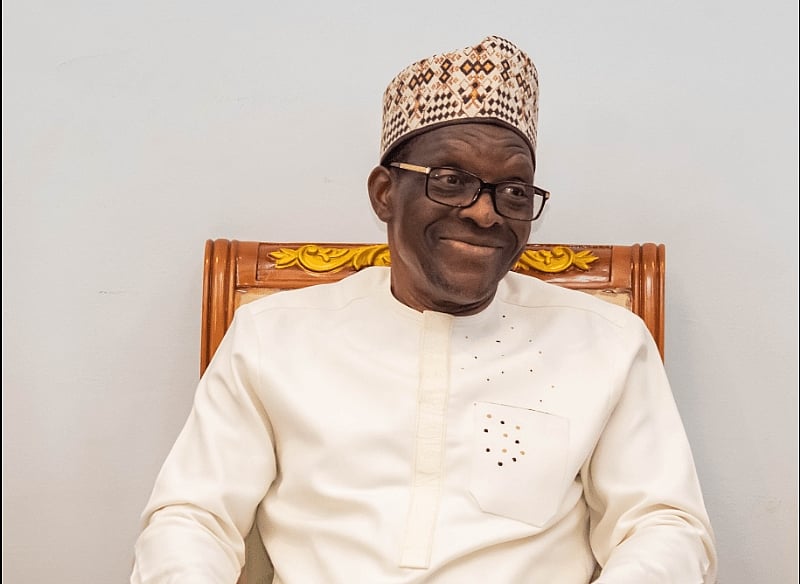The Volta Resistance Movement (VRM) has fervently advocated for the appointment of Kenneth Dzirasa as Speaker of Parliament, emphasizing the Volta Region’s unwavering loyalty to the National Democratic Congress (NDC) and its significant contribution to the party’s triumphs. The VRM posits that Dzirasa’s selection would not only acknowledge the region’s steadfast support but also provide it with a prominent voice in national leadership, especially given the President’s and Vice President’s origins from different regions. This move, according to the VRM, would ensure the Volta Region’s inclusion in high-level decision-making processes, reflecting its political weight and historical allegiance to the NDC.
The VRM’s call underscores the importance of regional representation in national politics, arguing that the Speaker of Parliament position offers a crucial platform for the Volta Region to contribute to national governance. With the presidency and vice-presidency occupied by individuals from the North and Central regions respectively, the VRM believes that appointing Dzirasa, a son of the Volta Region, as Speaker would create a more balanced and inclusive representation of the country’s diverse demographics within the top echelons of power. This, they contend, is crucial for ensuring that all regions feel valued and heard within the national political landscape.
Dzirasa’s own qualifications and experience further bolster the VRM’s argument. His purported leadership skills and ability to bridge divides across diverse backgrounds are presented as essential qualities for effectively managing the complex and often contentious environment of Parliament. The VRM portrays Dzirasa as a unifying figure, capable of navigating the intricacies of parliamentary procedure while fostering collaboration and consensus among members from different political affiliations and regional backgrounds.
The VRM’s plea for Dzirasa’s appointment is not simply a matter of regional pride, but rather a strategic move to consolidate the Volta Region’s political influence within the NDC and the broader national arena. By securing the Speaker position, the VRM believes, the region can effectively advocate for its interests and ensure its concerns are addressed at the highest levels of government. This, they argue, is a necessary step to redress any perceived imbalance in power and ensure equitable distribution of resources and opportunities across all regions.
The VRM frames Dzirasa’s potential appointment as a pivotal moment for both the NDC and the Volta Region. They argue that by selecting Dzirasa, the NDC would not only demonstrate its commitment to inclusivity and regional representation but also strengthen its ties with a crucial voting bloc. For the Volta Region, Dzirasa’s Speakership would signify a significant gain in political clout, providing a powerful platform to advance the region’s development agenda and ensure its voice is heard in national policy discussions.
Thus, the VRM’s campaign for Kenneth Dzirasa’s Speakership transcends mere regional politics, embodying a broader call for equitable representation and power-sharing within Ghana’s political system. By advocating for Dzirasa, the VRM aims to secure a more prominent role for the Volta Region in national leadership, while simultaneously promoting a more inclusive and balanced political landscape that reflects the country’s diverse population and regional interests. The VRM’s appeal represents a strategic effort to translate the Volta Region’s unwavering loyalty to the NDC into tangible political influence, thereby shaping the future direction of both the party and the nation.


